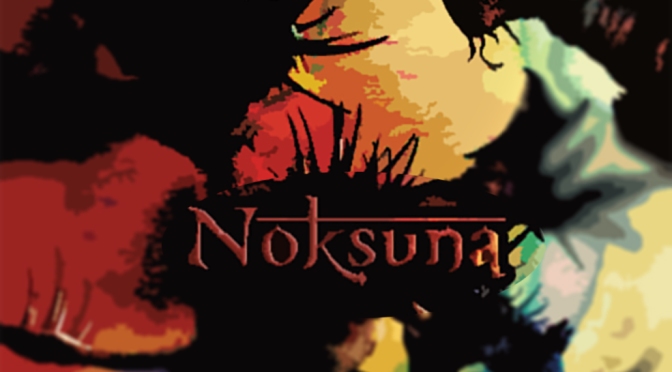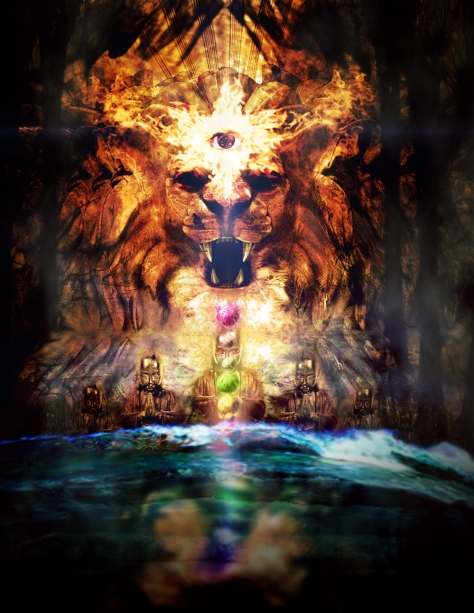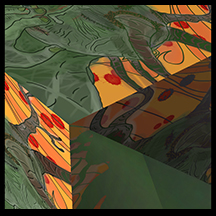Category Archives: Noksuna
Noksuna: Harbinger of Twilight-Chapter 1/ Preface
Noksuna
Chapter 1
The Harbinger of Twilight
PREFACE
In the beginning, nine stood before the eternal fires of Noksuna. Her hypnotic flicker forever solidifying all that lived inside them, all that was their vision, all that could be from the abyss of their hearts, and all that would be from the glory of the crown. Permeated, their stares focused toward the walls of twilight. The walls they swore to defend… In the Distance, The spiraling horizons of darkness that will slowly etch it’s blackness into Lesu began to wax and wane ever-closer to the valley; Showing the Nine Templar that the boding mist will now forever burden the realm of the Astral garden… ‘less they forget their vows. The Nine being present in Juron was a testament to the oath they had all taken long ago. The Noksuna. The vow to Odin and the High Priestess Aihmsva, to guard, for all of time, the breath of the ever-nova and her hope-bearing ghosts. This war was to be lost or won in vain, for the seer has already spoke the fate that bestow those who guard the fiery tomb of the goddess, princess Aihmsva Ekunovlas.

I left my heart in a Memory
A los ojos del Cielo, Seremos Salvos
(1)
Symbolic Messages the Lion Offers Us
- Have courage, have faith
- Stand tall, remember your birthright of power
- Hold your head high – even in times of conflict – conduct yourself with dignity
- It may be time to defend something that is dear to your heart – defend it fiercely if you must
- Perhaps it’s time to show your authority (not in a dominating way) but lead others with a loving heart (2)
(1) Image protected under the Creative Commons License. Attribution must be given to Silent Realm Industries LLC.
(2) Information gathered from http://www.whats-your-sign.com/symbolic-meaning-of-lions.html
PSYKHE (or Psyche) was the goddess of the soul, wife of Eros god of love.
She was once a mortal princess whose astounding beauty earned the ire of Aphrodite when men turned their worship from goddess to girl. Aphrodite commanded Eros make Psykhe fall in love with the most hideous of men, but the god himself fell in love with her and carried her away to his secret palace. However Eros hid his true identity, and commanded her never to look upon his face. Psykhe was eventually tricked by her jealous sisters into gazing upon the face of god, and he abandoned her. In her despair, she searched throughout the world for her lost love, and eventually came into the service of Aphrodite. The goddess commanded her perform a series of difficult labors which culminated in a journey to the Underworld. In the end Psykhe was reunited with Eros and the couple wed in a ceremony attended by the gods.
Psykhe was depicted in ancient mosaics as a butterfly winged goddess in the company of her husband Eros. Sometimes a pair of Pyskhai are portrayed, the second perhaps being their daughter Hedone (Pleasure).
cited from http://theoi.com
\_/:::Woe of Ninsar:::\_/
In Sumerian mythology, Anu (also An; from Sumerian *An 𒀭 = sky, heaven) was a sky-god, the god of heaven, lord of constellations, king of gods, spirits and demons, and dwelt in the highest heavenly regions. It was believed that he had the power to judge those who had committed crimes, and that he had created the stars as soldiers to destroy the wicked. His attribute was the royal tiara. His attendant and minister of state was the god Ilabrat.
He was one of the oldest gods in the Sumerian pantheon and part of a triad including Enlil (god of the air) and Enki (god of water). He was called Anu by the later Akkadiansin Babylonian culture. By virtue of being the first figure in a triad consisting of Anu, Enlil, and Enki (also known as Ea), Anu came to be regarded as the father and at first, king of the gods. Anu is so prominently associated with the E-anna temple in the city of Uruk (biblical Erech) in southern Babylonia that there are good reasons for believing this place to be the original seat of the Anu cult. If this is correct, then the goddess Inanna (or Ishtar) of Uruk may at one time have been his consort.
In Sumerian mythology, Ninsar (from Nin = Lady, Sar = Green(ery)) is the goddess of plants.
Daughter of Ninhursag and Enki. Mother of Ninkurra by Enki
Also known as Ninki (Lady Earth), Ninmah, Ninmu, Nin-shar
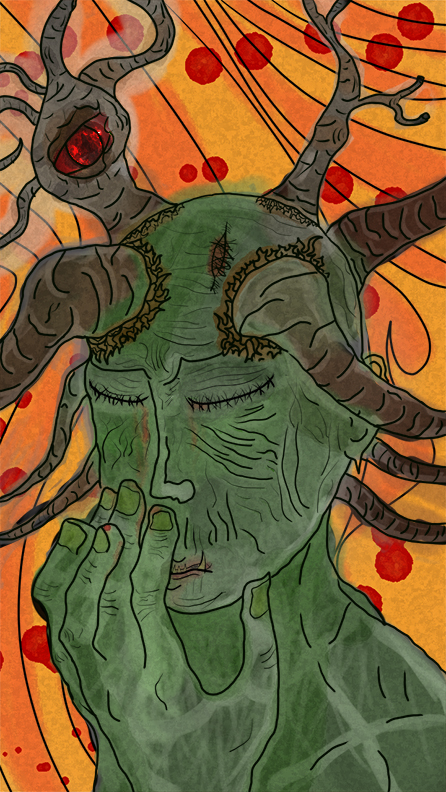
Laudo

Polar Shift: Believe in Hope
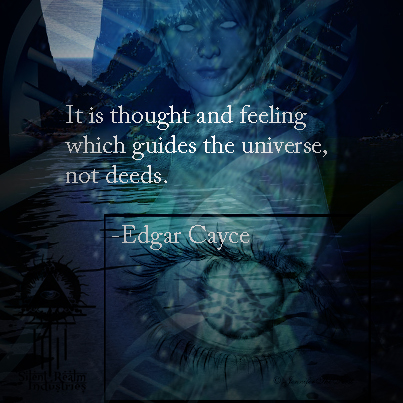
ELPIS was the spirit (daimona) of hope. She along with the other daimones were trapped in a jar by Zeus and entrusted to the care of the first woman Pandora. When she opened the vessel all of the spirits escaped except for Elpis (Hope) who alone remained to comfort mankind. Elpis was depicted as a young woman carrying flowers in her arms. Her opposite number was Moros, spirit of hopelessness and doom.
Hesiod, Works & Days 54 ff (trans. Evelyn-White) (Greek epic C8th or C7th B.C.) : Pindar, Fragment 214 (trans. Sandys) (Greek lyric C5th B.C.) : Theognis, Fragment 1. 1135 (trans. Gerber, Vol. Greek Elegiac) (Greek elegy C6th B.C.) : Aeschylus, Prometheus Bound 250 ff (trans. Weir Smyth) (Greek tragedy C5th B.C.) : Sophocles, Oedipus the King 151 ff (Greek tragedy C5th B.C.) : Aesop, Fables 526 (from Babrius 58) (trans. Gibbs) (Greek fable C6th B.C.) : Ovid, Heroides 2. 9 ff (trans. Showerman) (Roman poetry C1st B.C. to C1st A.D.) : Nonnus, Dionysiaca 7. 7 ff (trans. Rouse) (Greek epic C5th A.D.) : |

Inner Worlds, Outer Worlds-Beyond Thinking
Inner Worlds, Outer Worlds- The Serpent and the Lotus
